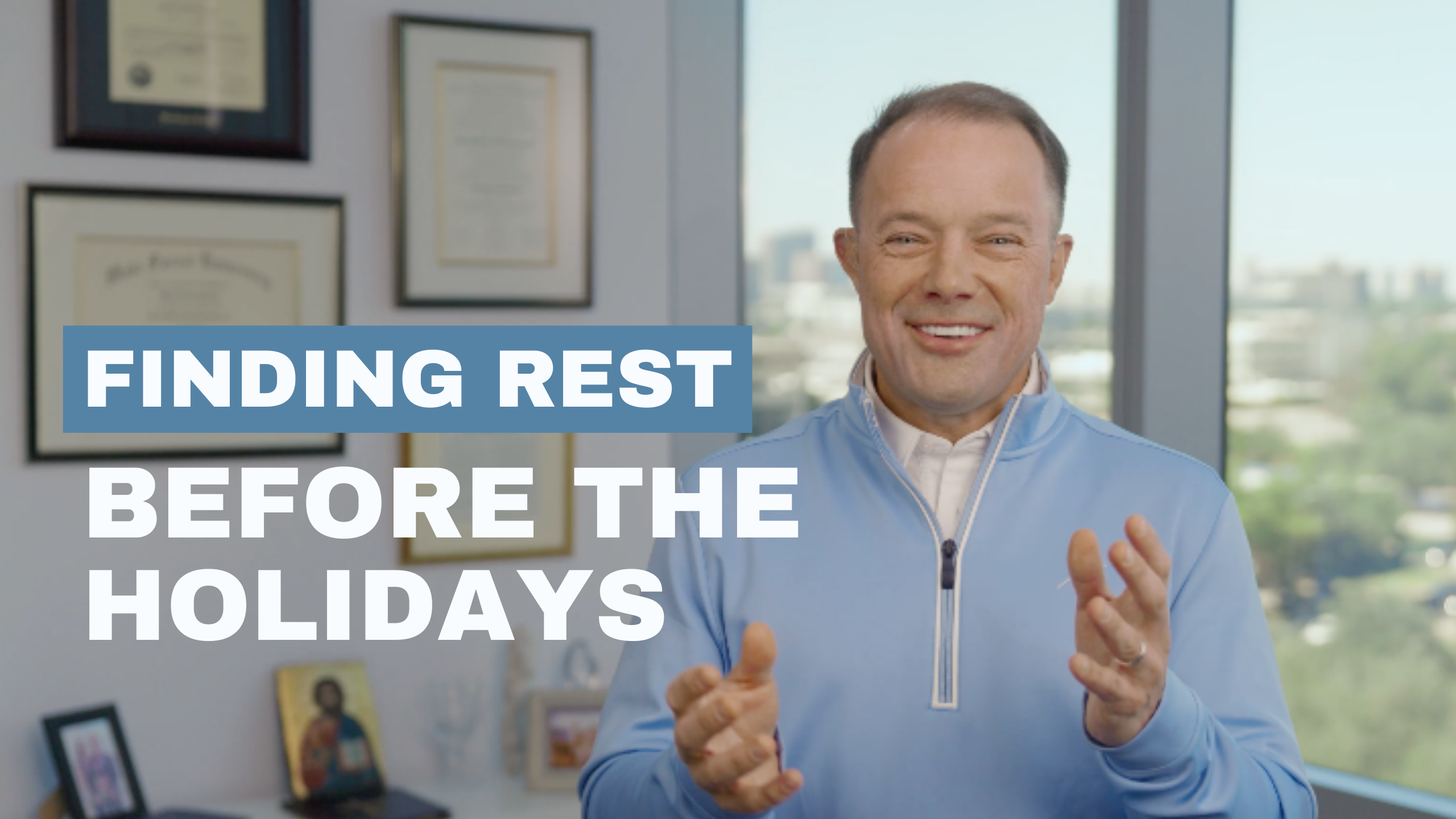
One of the aspects of great leadership is to see things that have not yet come to pass, and to see diamonds in the rough. All good leaders have that “what if we…?” quality. However, every leader must, at the same time, come to terms with reality as well. “What is” can guide us toward a positive “What if.” And even the most positive and visionary leader can ignore reality to his or her peril. Here are the four critical realities that I believe every leader must face and embrace, rather than arguing with, rationalizing, or denying.
- God and your fruit, not you, determine the value of your leadership. Whether you are a senior pastor, teacher, small group leader, or executive pastor, you have a service. Though you may have given blood, sweat and tears for years to develop it, you cannot determine its value. Only God and the fruit do that. What you are producing is larger than you, and it always speaks to you. Ask those who receive your service, what the value is. Ask them to be honest with you, as you are on a quest for reality. You may want to change things, to add or subtract to what you do. But don’t shirk asking for feedback from those most impacted by your work. It brings value and clarity to you. I have seen too many Christian leaders ask for the “good news” and miss the realities. If the news is discouraging, it is time then to receive encouragement and support from God and the safe people in your life. But even if it is hard news, reality is always your friend.
- Within your skin, you do not possess enough of the competencies needed to succeed. You may be multi-gifted, and be able to inspire, to think strategically, to execute well, and connect in productive ways with those you lead. A fair percentage of you can do all those. But you will never make it to the next level until you carve out what only you can do, and hire or recruit volunteers from those who can do the rest. One of the major issues I work with in leadership is the inability to give up something they do well, and let someone else do it. Remember that the Body is supposed to do lots of things you can’t and shouldn’t be doing: “From him the whole body, joined and held together by every supporting ligament, grows and builds itself up in love, as each part does its work (Ephesians 4:16).”
- You can’t “make” anyone do anything. Give it up, control is an illusion! You can inspire, create buy-in, set up a great path, and put people in their best-fit arena. And all these are necessary. But people will choose to work for you and with you, and choose whether or not they will give you your best, according to their own wiring. Make the best possible successes contextual for your people, and work hard at it. They will choose the path, not yourself. Actually, it is a great relief to stop attempting to control the outcome. You will feel like you have lost 20 pounds!
- Your own issues and character health will slow down or accelerate your organization’s performance. The organizational and leadership worlds have thousands of examples where emotional disconnection, lack of boundaries, poor self-care, pride, or perfectionism sabotaged a potentially great mission. You simply cannot achieve long-term great performance on smarts, commitment, and will power alone. Make sure you are continually in a structured process of growth, so that you can “clean out the inside of the cup (Matthew 23:25).” That means being vulnerable with God and a few safe and sane people. Let them in to the real you and you will never regret it.
Christian leaders know that getting the truth about what is real is an advantage to them. Learn from it, adapt to it and work with it. Your results will be much better than protesting it or arguing with it. This is simply a function of wisdom, which “is supreme; therefore get wisdom. Though it cost all you have, get understanding (Proverbs 4:7).”
This article was written by Dr. John Townsend specifically for the Vanderbloemen Search Group. To see more from John, you can visit his website at drtownsend.com


